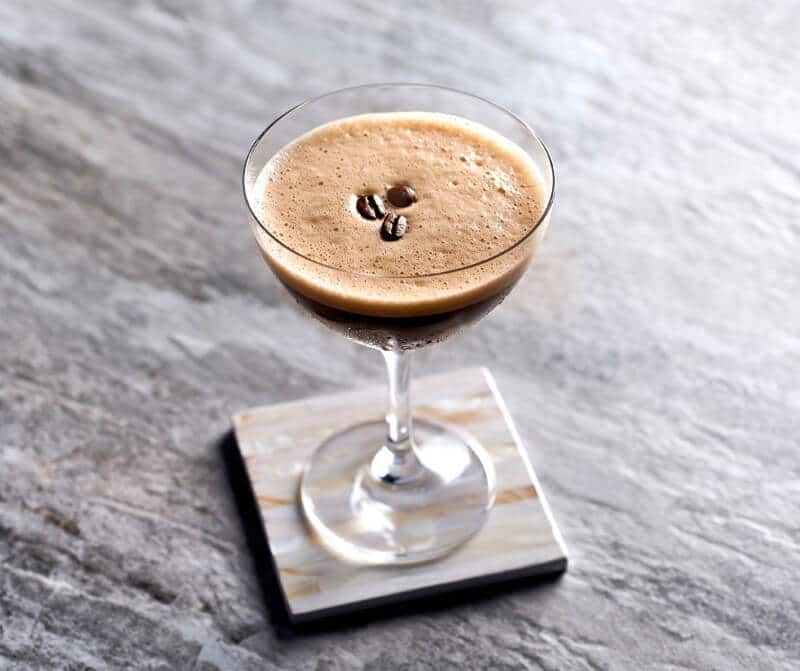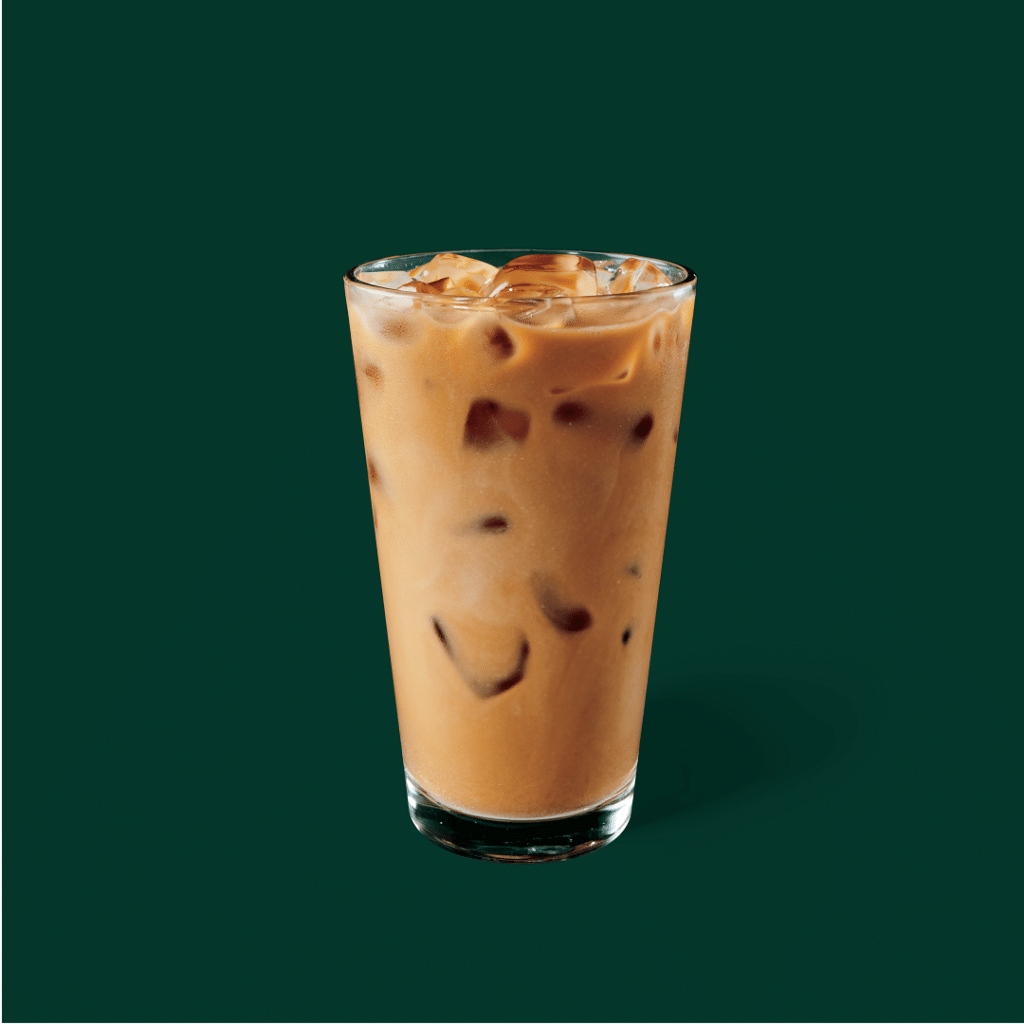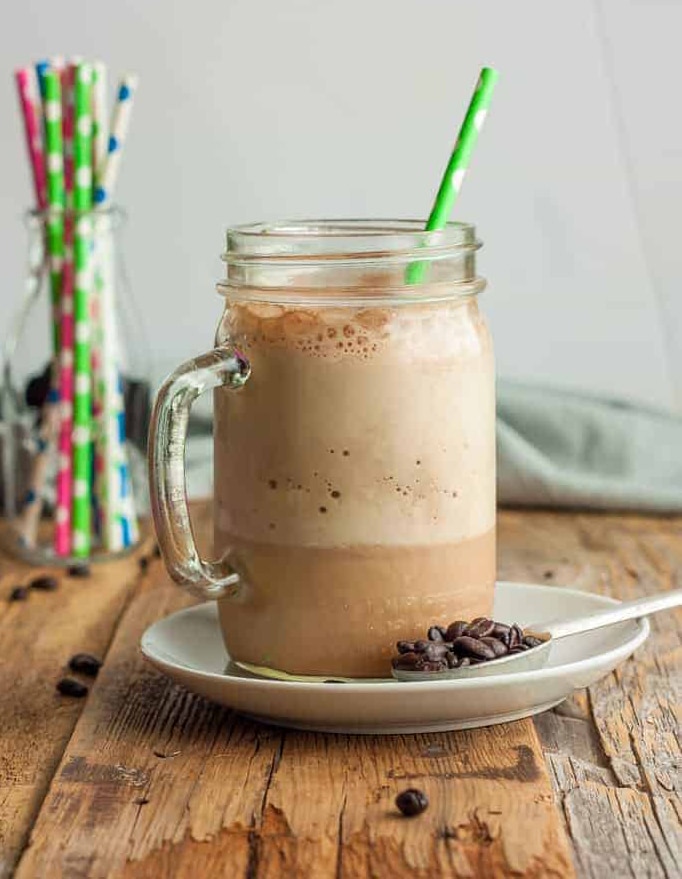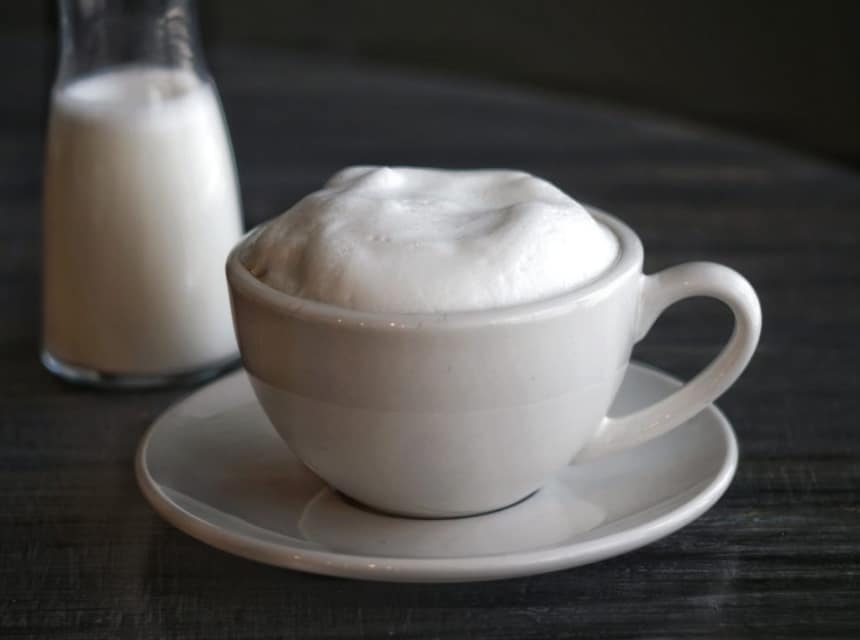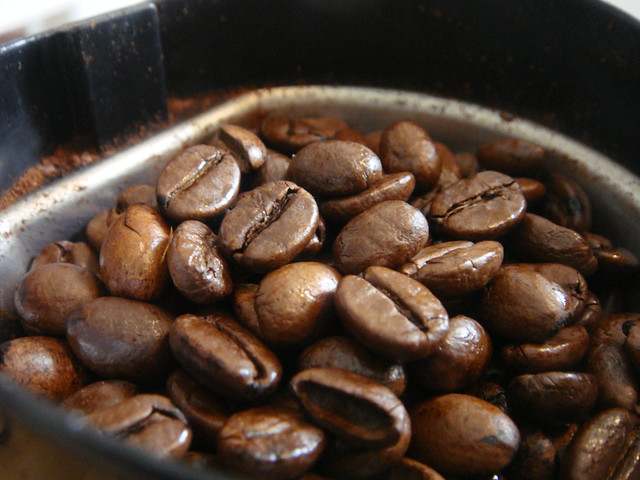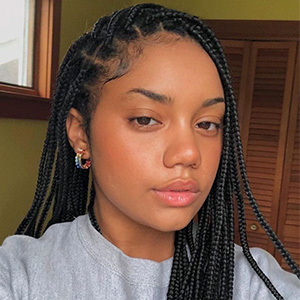

Coffee is a staple of a large number of people’s morning routine, with many not being able to function after one or two cups of joe. Whether you like iced coffee or a hot cup, the temperature that the coffee is brewed impacts its flavor. The optimal brewing temperature is going to depend on the types of beans or coffee being used. Many homebrewers will go through a trial and error process until they finally have attained the goal of their perfect cup of coffee.
A great-tasting cup of coffee can allow you to start your day off in a positive manner. Below is everything you need to know about coffee brewing temperature.
Coffee brewing temperature is important due to the fact that it impacts the taste directly. The following are ways that it can impact your morning or afternoon cup of coffee:
Coffee differs depending on the end result that you want, as overheating can lead to a burnt taste. Even the stronger espresso is best brewed at 189 to 205 degrees. The big difference is the beans that are used with some coffee drinks simply being water added to the jolt of caffeine espresso provides. If you want to be sure that your coffee is brewed and maintained at the optimal temperature, check out our selection of the best thermal coffee makers.
Cold brew coffee is going to be different as well as it can be brewed at room temperature or in a traditional refrigerator. You should always opt for stronger coffee beans if you plan on pouring the coffee over ice, which is a very popular method of consumption. Try out different types of coffee to see what the perfect brewing temperature is for you!
Brewing your own coffee can allow you to make the perfect cup for your tastes as a Keurig might produce a cup of coffee that is far too weak in flavor. You are going to need different tools which can differ depending on the type of coffee that you prefer. Below are a few tools a homebrewer can utilize to make coffee daily:
Water temperature is going to play a huge role in the taste of the cup of coffee that you brew. Below are the results of using water that is too hot:
Water that is too cold will result in the following issues:
Cold brew coffee really packs a punch in terms of strength of taste as well as caffeine levels. You have the option of two different ways to achieve optimal temperature for brewing cold coffee. You can allow the coffee to be steep somewhere safe in the home at room temperature. A refrigerator is another option. The details of both methods are listed below:
The perfect temperature for drinking coffee does depend on personal preference to a point. There are people that like cold cups of black coffee while others prefer their coffee to be scolding hot. For most coffee drinkers, they prefer their coffee between 120 degrees and 140 degrees. Coffee at this range is going to be easy to drink while bringing out all of the flavors that the coffee has to offer.
One hundred fifty degrees is going to be the approximate temperature for those people that want to slowly sip a very hot cup of joe. Anything above 150 degrees can result in burning the tongue and mouth. This differs depending on the person as mouth sensitivities differ.
The best method to make coffee depends on preference as some prefer cold brew, while others simply want a handful of ice in their coffee cup. The temperature that coffee is brewed at is not as flexible as drinking temperature. The optimal coffee brewing temperature will depend on the type of coffee, and it is very important not to extract too much from the coffee leading to a bitter, unpleasant taste. Take your time to try all methods to see if you have been missing out on a type of coffee or brewing process that makes the perfect cup of coffee for your tastes!

